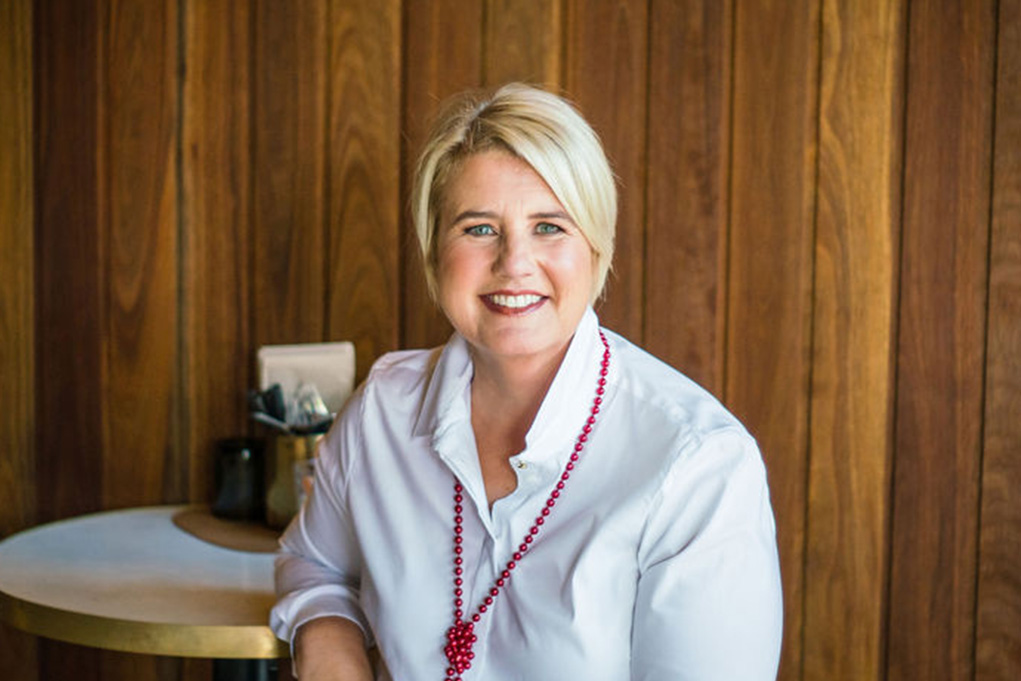
Name
Leanne Faulkner
Job title
Business Owner
Organisation
What are you/your organisation currently focusing on in terms of workplace health and wellbeing?
I’m fairly typical of a small business owner in Australia – I work as a sole-operator and have a home-based business. I am a small business mental health advocate. I’m very fortunate because I work at the intersection of small business ownership and mental health. My job is varied because I offer both consultancy services helping government departments and corporates to better support their small business clients, or else I work directly with small business owners to identify how they might grow their business without growing their stress levels.
I do quite a lot of advocacy work (don’t sit next to me at a meeting or I might harass you for support!) and currently represent COSBOA (Council of Small Business Organisations Australia) on the Mentally Healthy Workplace Alliance, chaired by Lucy Brogden – National Mental Health Commissioner. I have also been a consultant on the new Ahead for Business program launched by Everymind, and worked on the HeadsUp Beyondblue site addressing small business needs. Most recently I have been an active and ongoing contributor to the Parliament House round-table meetings hosted by Senator Michaelia Cash to address increasing the mental health support for small business owners in Australia.
What aspect of workplace health and wellbeing does your organisation do well in?
I’m proud of the work done to highlight the needs of small business owners. Historically, work in this space has been all about employees, but what if the boss of the business is the one who needs help? The reality is that 98% of all businesses in Australia are small, and well over 60% of them don’t even have employees! Working to develop resources and support services for sole-operators is a challenge because there’s so many elements at play. I’ve worked hard to find a balance between advocating at a policy level versus working directly with small business owners.
I’m not afraid to remind people that it’s important to consider workplace realities in small business (we don’t get paid sick leave, for example) , unrealistic entrepreneurial stereotype pressures (we would typically pay others before ourselves and often work long hours) and how decisions made by other organisations can have a direct impact on our personal wellbeing (late invoice payment can result in cash-flow squeeze and therefore stress).
What’s your biggest challenge working in workplace health and wellbeing?
So much has been done in this space since I first started lobbying for more back in 2012. That is terrific but that brings with it new challenges. They are:
- Reducing the duplication of materials and resources. It’s time for all providers to talk to each other and build on these great foundations. Too much of the same results in user confusion. Small business owners become overwhelmed about where to go for help.
- Ensuring that projects targeted to help the small business sector remain grounded in actual workplace realities. Understanding this means we just might be able to help people who don’t even realise they need help. By supporting small business skill development (for example) we might teach an entrepreneur a business skill and indirectly be addressing their workplace wellness. We need to keep exploring these links because not all people will seek out support services or resources.
- Extending the work now to include corporates and government departments. We’re all connected. I challenge all big business players and government departments to put their small business customers first when making policy or strategic decisions. Do you pay your small business customers in a timely manner? Can you extend your internal EAP services to your small business customers? What do you currently do for employees that you can also do for your small business clients? We need to extend the mentally healthy workplace circle.
How does WayAhead Workplaces add value to your organisation’s health and wellbeing program?
I choose to spend my own income on a WayAhead membership each year because it keeps me connected and update on workplace mental health initiatives. It also allows me an opportunity to attend events where just by being there and talking to people (over a cuppa and biscuit!) I can remind people that small business owners have a need to be in this space also. I also LOVE hearing the big business case studies. I find myself wondering if any part of the process might work in the small business sector or looking for ways the ideas might be extended to the small business community.
I’ve also just started my PhD researching some key areas related to small business ownership and mental health and am constantly looking for practices that complement my study.
How do you deal with stress?
I think of my wellbeing as an investment. In fact, I see it the same way I see cleaning my teeth. Brushing twice a day reduces my chance of having to go to the dentist! Same with my wellbeing – investing in myself each day means I am in a better position to reduce likely stressors. I walk every morning (and have a puppy that guilts me into heading outside every day) and I try my best not to work on weekends. Instead, I use that time for connecting with family and friends plus some veg-out time too.
I learned the hard way what happens when you own a small business and don’t put yourself first. I’m grateful for those lessons and nowadays I have a number of strategies to stress- bust myself! The first is being VERY mindful of my body cues that tell me I’m feeling stressed. Once I register them, I get honest and list for myself the things that are making me feel anxious. Then, the tough part – I begin to address them. Usually the stressor is not health related but work related. I might be experiencing tight cash-flow, or I might have missed out on a sales opportunity for example. Once I put something in place to address the trigger, I notice I start to feel better. If I still notice some lingering stress I’ll turn to a resource like Ahead for Business for some ideas to address it.
What are the key issues and considerations for people in workplace health and wellbeing roles?
I’ve probably already covered this, however, I can list two extra considerations.
- If you are a small business owner, remember, you are NOT your business. Your business might be a rollercoaster of highs and lows but that doesn’t change the essence of your good-self.
- If you know someone who owns a small business (who doesn’t!) don’t be afraid to connect with them on a level that extends beyond a business transaction. You might see a flashy name, ABN or lots of pronouns used but most often it’s going to be a single person who is working hard to grow a small business.
How do you switch off from work?
Again, I’ve already outlined this but to reiterate, boundaries and time-out are essential to small business ownership wellbeing. In addition, connecting with others is also key. For example, I am writing these answers whilst working in a co-work space today so that I don’t feel so isolated at work.
What is your best time-saving tip?
Accept that you’re doing the best you can possibly do at any given time. Stay in the moment and don’t waste time worrying about the future.
What do you think the future of work health and wellness programs look like?
I think it’s looking incredibly exciting, especially in the small business sector. There’s so much more to be done and I am so grateful to be a part of this community where together we can help a lot of people – both employee and business owners.


